5 ways Assassin’s Creed Mirage could fix the series
Assassin’s Creed Mirage could bring a wayward series back to its roots
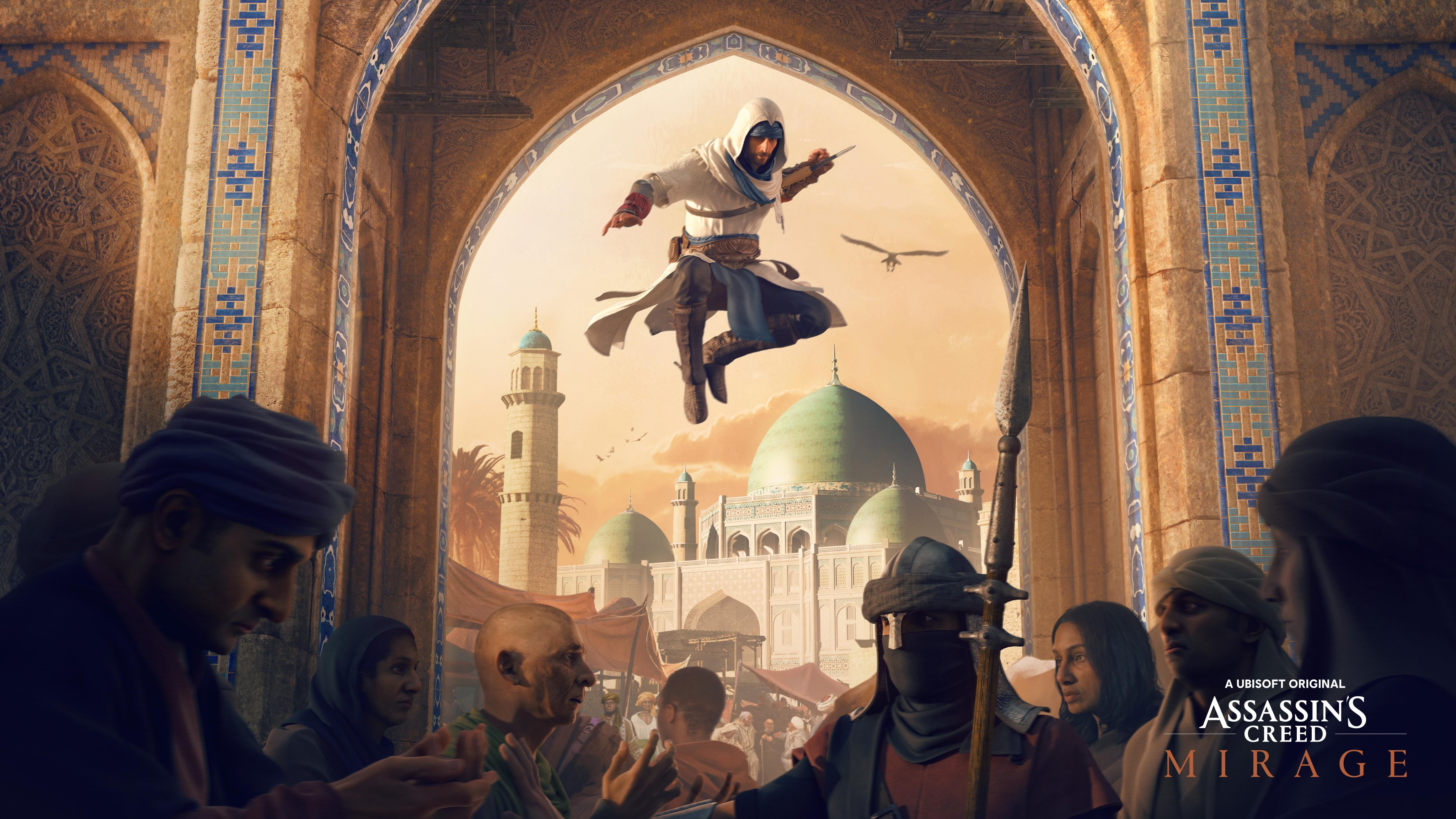
Assassin’s Creed Mirage is officially on its way. Ubisoft took to Twitter to confirm the game’s title this past week, and it didn’t take long for fans to start theorizing about the announcement. Based on the art that Ubisoft shared, as well as some intriguing leaks, the game could take place in medieval Baghdad and follow Basim, an intriguing character from 2020’s Assassin’s Creed Valhalla. Whatever the case, Ubisoft will reveal more information at its Ubisoft Forward presentation on September 10.
Still, Assassin’s Creed Mirage may be the first game in the series that I skip. I’ve played each entry to near-100% completion ever since the first Assassin’s Creed debuted in 2007, but after Siege of Paris, I might be done. The series has become too aimless, too overstuffed and too repetitive to hold my interest. And if you go by the responses on Twitter and Reddit, a lot of other longtime series fans agree.
With that in mind, here’s one writer’s humble wish list of features that would help bring Assassin’s Creed Mirage back to its stealthy roots. And if players still find themselves pining for yet another huge, sprawling adventure with RPG elements, there’s always Assassin’s Creed Infinity on the horizon.
Put stealth front and center
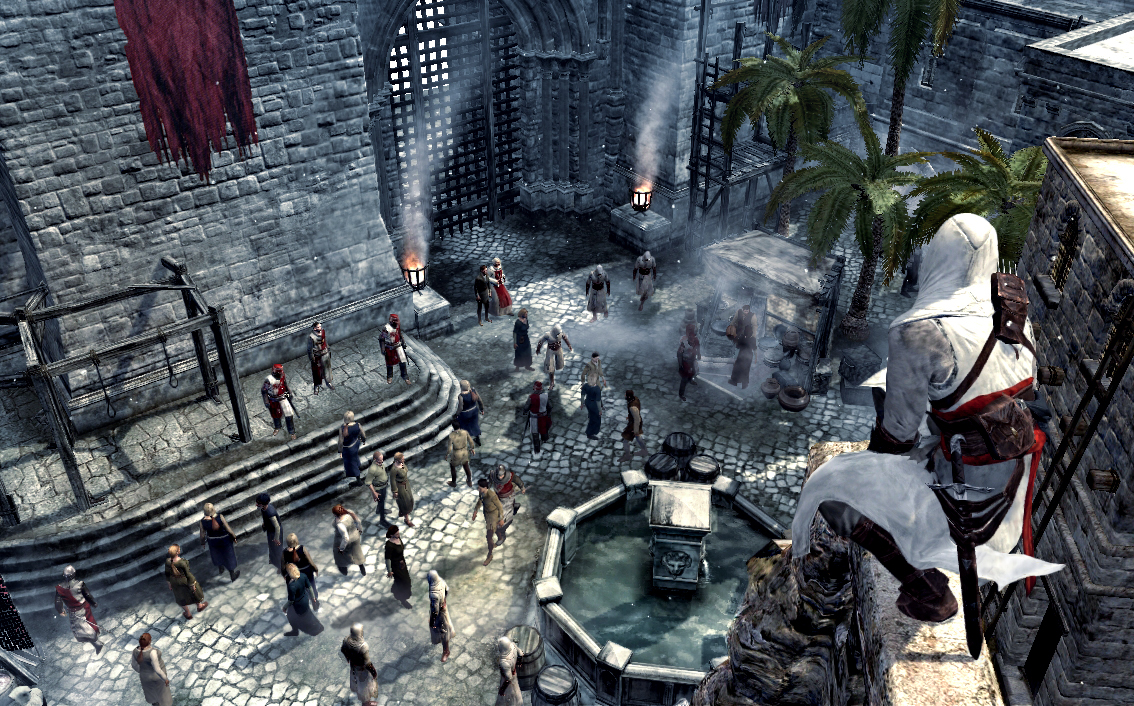
It’s no secret that Assassin’s Creed games used to be much more, well, assassin-y. Up until about Assassin’s Creed IV: Black Flag, the series was about stealth, first and foremost, and open combat was usually reserved for boss fights, or a last resort after the sneaky approach had gone horribly wrong. But the series has been creeping more and more toward a “bust-down-the-front-door” approach, culminating in Viking raids in Assassin’s Creed Valhalla, in which you literally bust down a monastery’s front door.
While there’s no reason to do away with open combat entirely, Mirage could prioritize stealth, particularly during the high-profile assassination missions that often cap off major story arcs. It would bring some tension back to the series, as well as a better sense of immersion.
Focus on a single protagonist
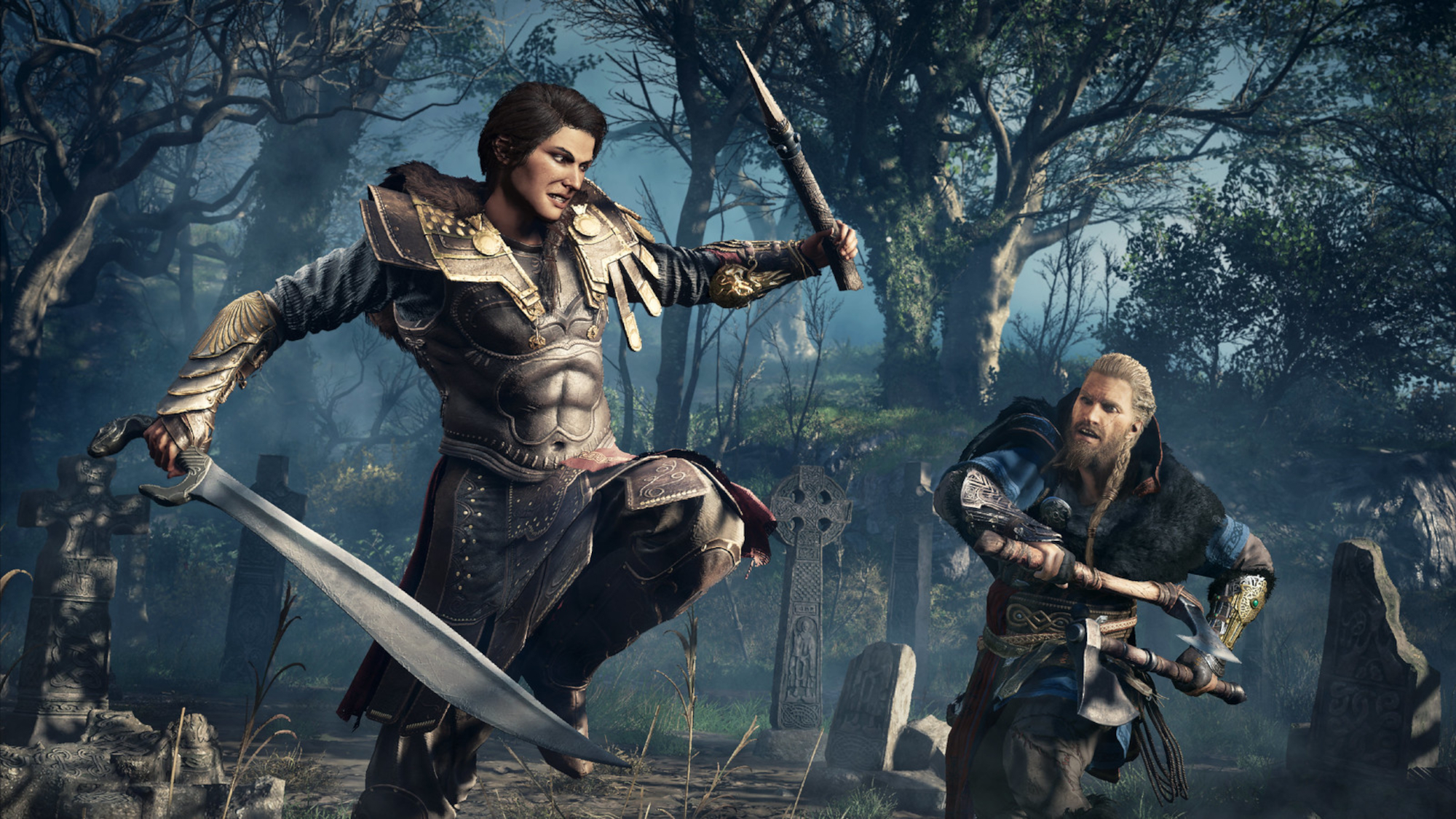
This point might be controversial, since many players (myself included) enjoyed having the option to choose between Alexios and Kassandra in Assassin’s Creed Odyssey, as well as a male or female Eivor in Assassin’s Creed Valhalla. But having to split the difference between two protagonists probably weakened the story overall. This is especially true since Ubisoft eventually had to choose a "canon” sex for each protagonist, essentially overwriting players who picked Alexios or the male Eivor.
The fact is that a single protagonist with predetermined characteristics makes for a more memorable arc, and a stronger role in the central story, as we saw with Altaïr, Ezio and Connor. And if Ubisoft wants to put a female character front and center, it should simply do so. The male player base will be fine.
Make the world smaller
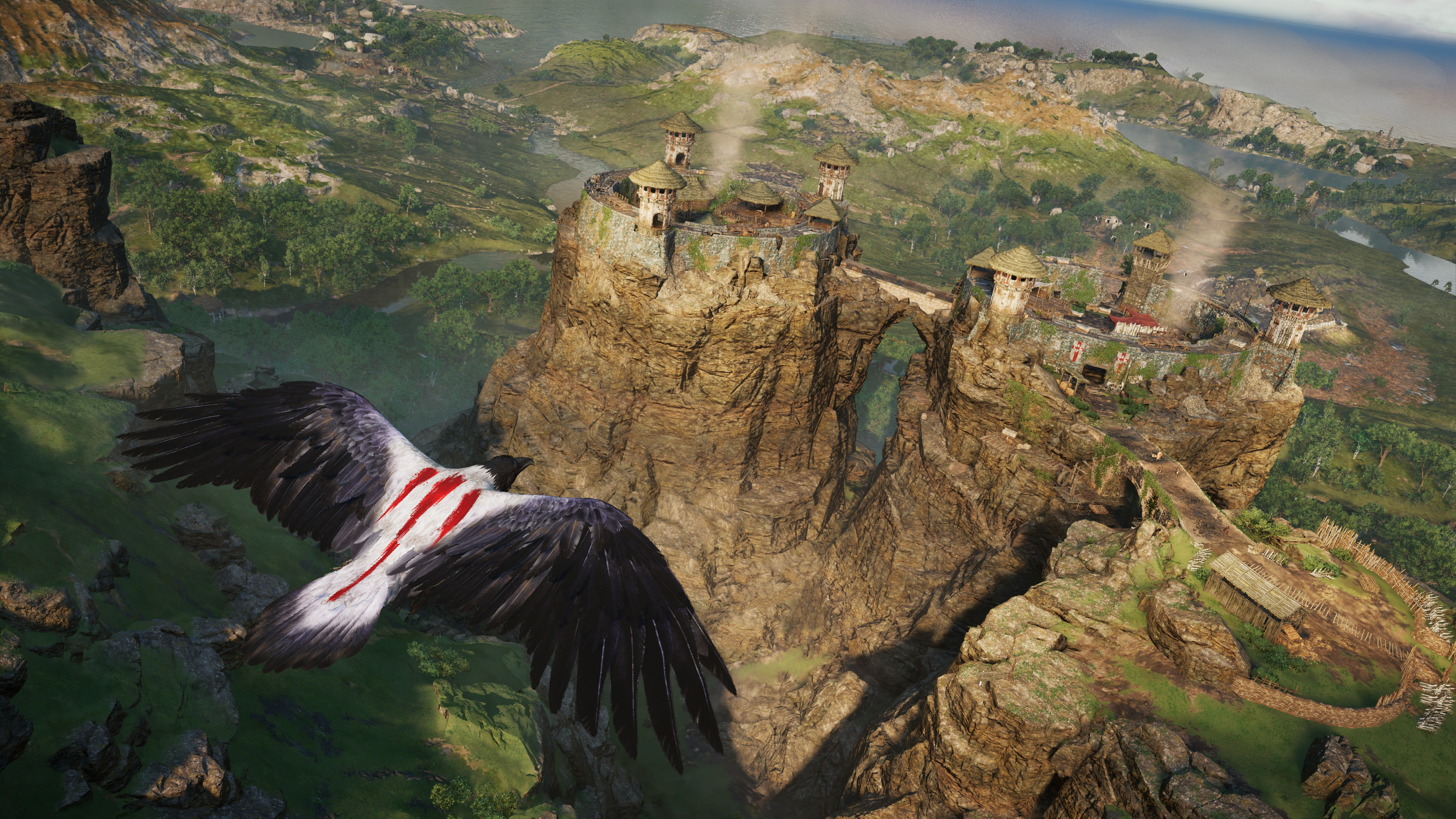
Like eating your favorite food over and over, it’s possible to have too much of a good thing. The original Assassin's Creed featured three cities to explore, along with a single hub area that connected them. Assassin's Creed Valhalla had 13 separate counties, each one probably as large as the original four areas put together. Playtimes ballooned accordingly, from 15 hours in the first game, to 60 hours in Valhalla — and that's if you ignore every piece of optional content.
The enormous worlds in Origins, Odyssey and Valhalla feel positively exhausting to explore after a while, and the objectives get repetitive. You can only storm so many enemy strongholds or climb so many viewpoints before it all starts to feel a bit rote. A smaller map would help focus both the gameplay and the story.
Shorten the main story
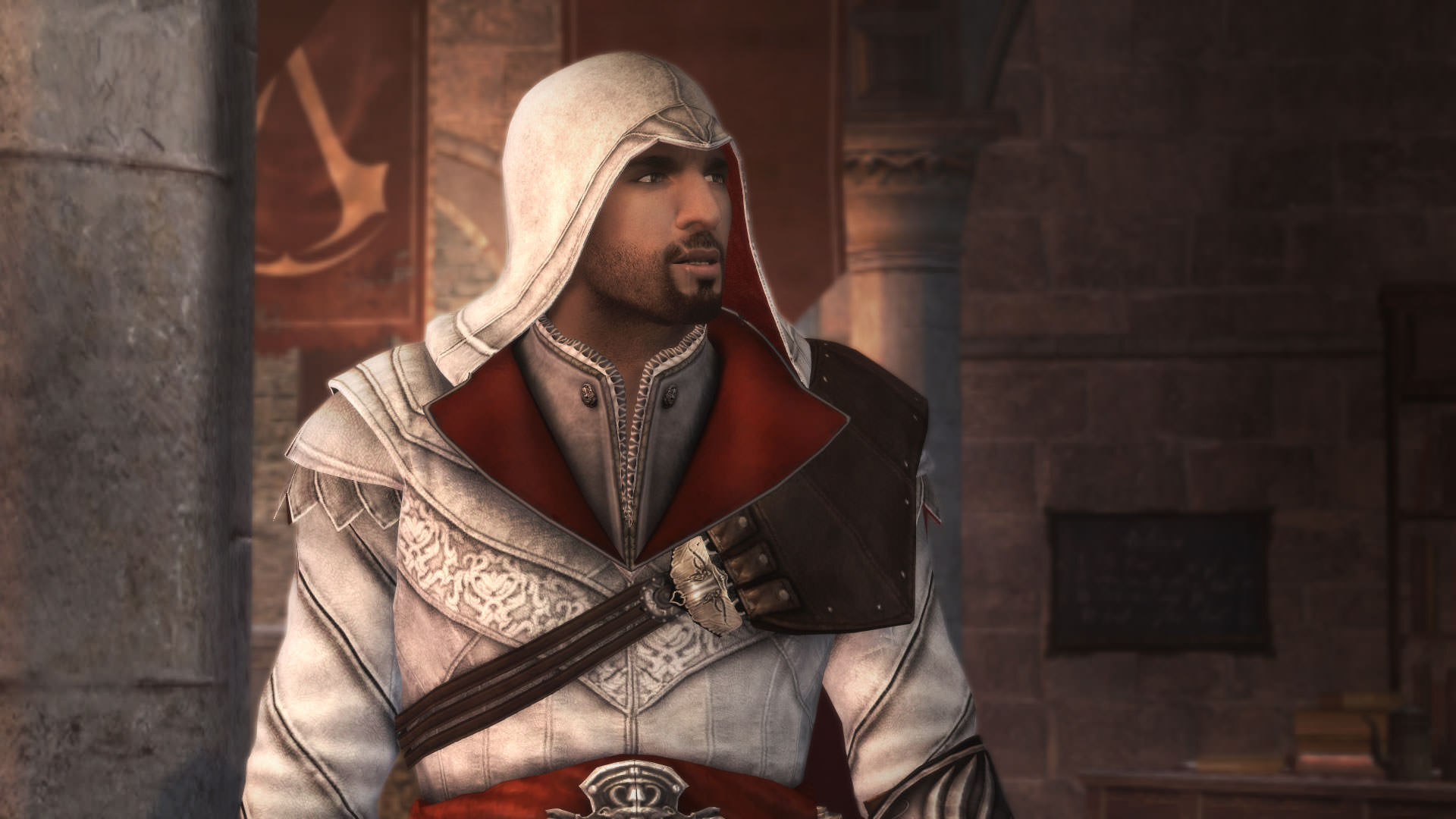
The original story of Assassin's Creed was about an assassin who lost his honor and had to reclaim it, all while fighting to oust King Richard the Lionheart and his Crusaders from the Holy Land. At its core was the theme of religious fundamentalism vs. free will.
Assassin's Creed Valhalla was about a Viking establishing a settlement in England, and making peace with his brother, and forging alliances with local chieftains, and befriending the Assassins, and hunting down members of a proto-Templar conspiracy, and navigating the mythical realm of Asgard, and making landfall in the New World, and, and, and. It's difficult to say whether Assassin's Creed Valhalla had a strong central theme, because its story pulled it in so many conflicting directions. A shorter, more directed story will make for a more memorable experience overall.
Scale back the RPG elements
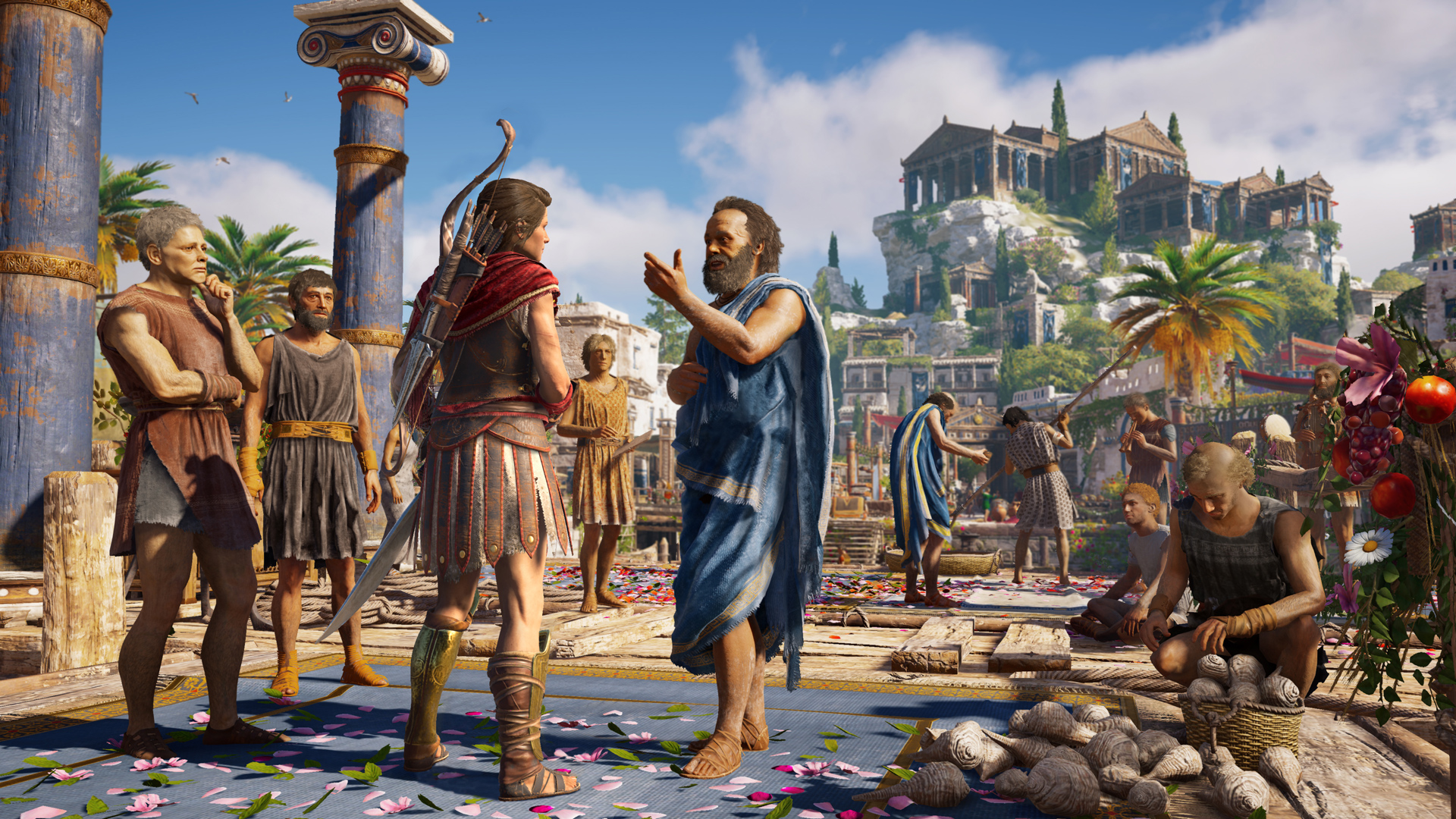
Assassin's Creed Origins adopted a comprehensive skill tree; Assassin's Creed Odyssey added dialogue choices, romantic options and equipment customization into the mix. By the time Valhalla rolled around, the game was essentially an "RPG lite," with branching story choices, gear upgrades, experience points and more.
Older Assassin's Creed games did let you upgrade your character over time, but in subtler ways, such as improving your health by completing side quests, or purchasing a handful of better equipment from shops. While Mirage should still have some element of character progression, the RPG treatment has stripped some of the signature elements from Assassin's Creed. A more straightforward action/stealth experience would streamline the whole game, and help keep both the story and the gameplay focused.
In fact, "focus" is probably the word that ties all of these points together. Origins, Odyssey and Valhalla were huge, sprawling epics, but that wasn't really what made the early Assassin's Creed games work. They were more directed experiences, with enough open-world exploration to keep things interesting. But the primary focus was on the story, characters and historical setting.
Assassin's Creed Mirage has an opportunity to bring the series back to basics, and remind players why they fell in love with this unique franchise in the first place. Hopefully, we'll learn whether that's the case on September 10.
Read next: 343 Industries can no longer be trusted with Halo — it needs to go.
Sign up to get the BEST of Tom's Guide direct to your inbox.
Get instant access to breaking news, the hottest reviews, great deals and helpful tips.
Marshall Honorof is a senior editor for Tom's Guide, overseeing the site's coverage of gaming hardware and software. He comes from a science writing background, having studied paleomammalogy, biological anthropology, and the history of science and technology. After hours, you can find him practicing taekwondo or doing deep dives on classic sci-fi.

